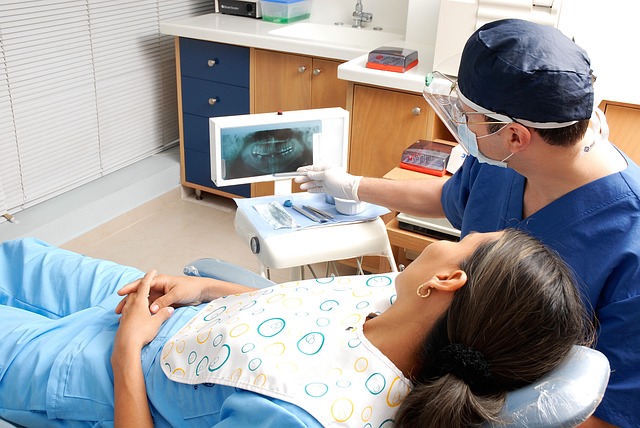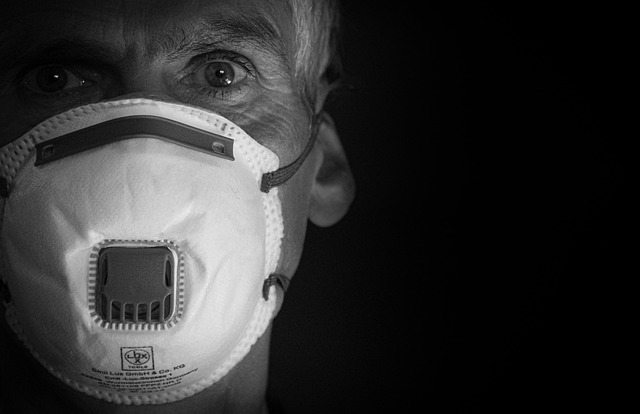Navigating the Ethics of Patient Data Collection in Sensor Technology
In the rapidly evolving world of sensor technology, the ability to collect and analyze patient data has opened up unprecedented opportunities for improving healthcare outcomes. These sensors, often wearable or embedded in medical devices, continually monitor vital signs, activity levels, and more, providing clinicians with detailed, real-time insights into a patient’s condition. However, while the benefits are clear, there is an essential conversation to be had about the ethics surrounding the collection and use of such intimate, sensitive information.
For many patients, the thought of being constantly monitored can evoke feelings of vulnerability or concern. Their data isn’t just numbers; it often reflects the most personal elements of their health and lives. This raises questions about consent, privacy, and data security that cannot be ignored. How do we ensure that patients retain control over their information and that it is used respectfully and responsibly?
The foundation of ethical patient data collection in sensor technology lies in transparent communication. Patients must be fully informed about what data is being collected, how it will be used, who will have access to it, and what safeguards are in place to prevent misuse. Without clear and honest dialogue, trust can easily be undermined, potentially deterring people from engaging with technologies that could significantly benefit their health.
Moreover, the deployment of sensors should incorporate stringent data protection measures following best practices in cybersecurity. Anonymizing data where possible, limiting access to authorized personnel, and regularly updating security protocols are critical steps. Patients should also have the right to opt-out of data collection or delete their data, ensuring their autonomy is preserved.
On a broader scale, policymakers and healthcare organizations must collaborate to establish standardized ethical guidelines and regulatory frameworks tailored to sensor-based data collection. This not only protects patients but also creates a clear path for innovation within a responsible and trusted environment.
Ultimately, as sensor technology continues to intertwine with healthcare, the human element remains paramount. Recognizing the emotional weight that patient data carries fosters empathy and drives the push for ethical practices. By embracing transparency, respect, and responsibility, we can harness sensor technology’s full potential to enhance care without compromising patient trust.




